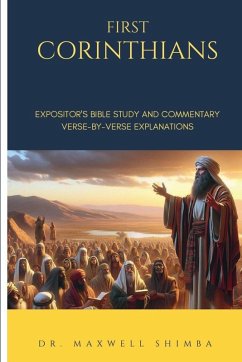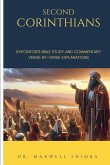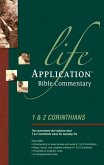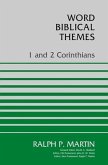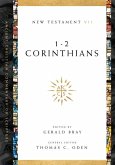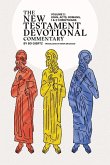First Corinthians The Book of First Corinthians, as explored by Dr. Maxwell Shimba, offers an in-depth analysis of one of the Apostle Paul's most comprehensive and instructive letters to the early Christian church. Dr. Shimba meticulously examines the socio-cultural backdrop of Corinth, a cosmopolitan city known for its moral laxity and diverse population. His commentary delves into how the Apostle Paul addresses the unique challenges faced by the Corinthian believers, providing timeless insights into maintaining faith and unity amidst a morally complex society. Dr. Shimba's scholarly work emphasizes the relevance of Paul's teachings for contemporary Christian communities, highlighting the enduring struggle between spiritual purity and worldly influences. Dr. Shimba begins his exposition by contextualizing the opening chapters, where Paul addresses divisions within the church. He elucidates Paul's appeal for unity and his rebuke of factionalism based on allegiance to different church leaders. According to Dr. Shimba, Paul's emphasis on Christ as the foundation of the church serves as a crucial reminder of the importance of unity in faith. This analysis underscores the pitfalls of allowing personal preferences and human wisdom to overshadow the central message of the gospel. Moving to the ethical and moral instructions in First Corinthians, Dr. Shimba provides a nuanced interpretation of Paul's guidance on sexual immorality, marriage, and Christian freedom. He points out that Paul's directives were not just legalistic rules but were deeply rooted in the desire to cultivate a holy and honorable community. Dr. Shimba highlights Paul's balanced approach, where he acknowledges the complexities of human relationships while urging believers to uphold the sanctity of their bodies as temples of the Holy Spirit. One of the most profound sections of Dr. Shimba's commentary is his treatment of 1 Corinthians 13, often referred to as the "Love Chapter." Here, Dr. Shimba explores Paul's poetic yet practical description of love as the greatest virtue. He emphasizes that love, as described by Paul, transcends mere emotions and is characterized by patience, kindness, and selflessness. Dr. Shimba's insights reveal how this chapter serves as a moral compass for the church, guiding interpersonal relationships and the exercise of spiritual gifts. Dr. Shimba also offers a detailed analysis of Paul's discourse on spiritual gifts in chapters 12 and 14. He explains how Paul addresses the proper use of these gifts to foster unity and edification within the church. Dr. Shimba stresses the importance of understanding and applying these gifts in a way that benefits the entire community, rather than causing confusion or division. His commentary provides practical applications for modern churches on how to balance the enthusiasm for spiritual gifts with the necessity of order and mutual edification. In the concluding sections, Dr. Shimba examines Paul's teachings on the resurrection in chapter 15, which he considers the cornerstone of Christian hope. He expounds on Paul's argument for the resurrection of Christ as the guarantee of believers' future resurrection. Dr. Shimba highlights the transformative power of this doctrine, both for individual believers and the collective church. This eschatological hope, as interpreted by Dr. Shimba, provides a powerful motivation for steadfastness and perseverance in the Christian life.
Hinweis: Dieser Artikel kann nur an eine deutsche Lieferadresse ausgeliefert werden.
Hinweis: Dieser Artikel kann nur an eine deutsche Lieferadresse ausgeliefert werden.

